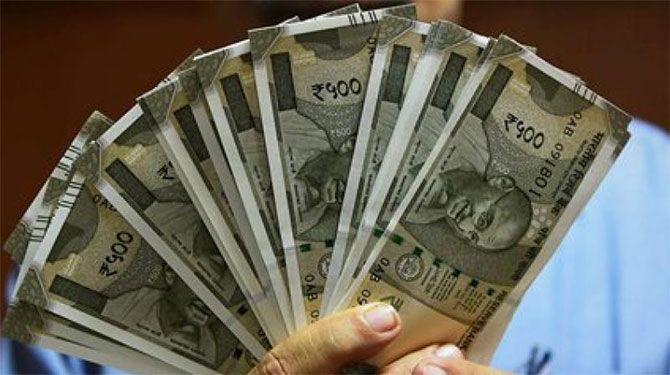'The fact that you did not receive the rent through a bank will not take away the taxability of the rent in your hands,' says Kuldip Kumar, partner and leader (personal tax), PwC India.

My father gifted a flat jointly to my brother and me. The flat is given out on rent. My brother collects the rent and pays me half of it every month.
Will I have to pay tax on the money I receive as it is not shown as rent in my bank account?
You have not mentioned when your father gifted the house to you and your brother and what your share is in that house.
It looks like you both are equal owners as half of the rent collected by your brother is handed over to you.
Since you earned the rental income from the house, it would be taxable in your hands.
The fact that you did not receive the rent through a bank will not take away the taxability of the rent in your hands.
Rent received in cash is also taxable.
My husband had availed a home loan before marriage. After marriage I also started contributing towards the EMI.
Can I also claim tax benefit on it? If so, how?
No, you will not be able to claim the deduction for contributing towards the EMI of housing loan in your husband's name since the law allows the benefit of such payments on account of interest on home loan only to the owner of the property.
However, in case the property is transferred in your name and you become the co-owner, then you should be able to claim deduction in relation to the EMI payments you make.
But where you become co-owner, your husband will be subject to capital gain tax on the portion transferred to you, if there is an appreciation in the value of property since the purchase.
If the holding period of property is less than three years (two years now as per the Union Budget 2017-2018 proposal), the gain would get taxed at normal rates as short-term capital gains.
But if the property is held for more than three years, capital gains can be saved by reinvesting the gains in bonds or other property.
My aunt passed away last year. I was the nominee for her house.
In her will, she has written that her house should be sold and money should be donated to a charitable institution and a certain amount should be given to me.
Will I need to pay any tax on selling the flat and on the money I would receive?
It seems you are appointed as executor of the will.
If so, you may sell the house and would need to pay the capital gains tax upon sale of the house.
You will pay this tax and also file the return for this transaction as an executor of estate of your aunt.
Once the house is sold and after payment of income tax, the money coming to you in accordance with the will is not taxable in your hands under Section 56 of the Income Tax Act, 1961.
I am an NRI for the past 10 years. I earn dividend income in India from some old investments in stocks, but I have not filed tax returns in India for this period.
I am planning to return to India next year.
Should I file tax returns from next year in India? Will I have to pay taxes for the earlier years' income from stocks as well?
You have provided limited facts in your query. It seems you are earning dividend income from Indian companies and that income is exempt from tax.
There should not be any question of paying tax on such income.
You are not required to file your return where your total income does not exceed the maximum amount not chargeable to tax (Rs 2.5 lakh for tax year 2016-2017).
Only residents having any foreign assets are required to file the return even though their income may be below the taxable threshold.
When you return to India, you will need to review your residential status and accordingly discharge your tax filing obligation.










